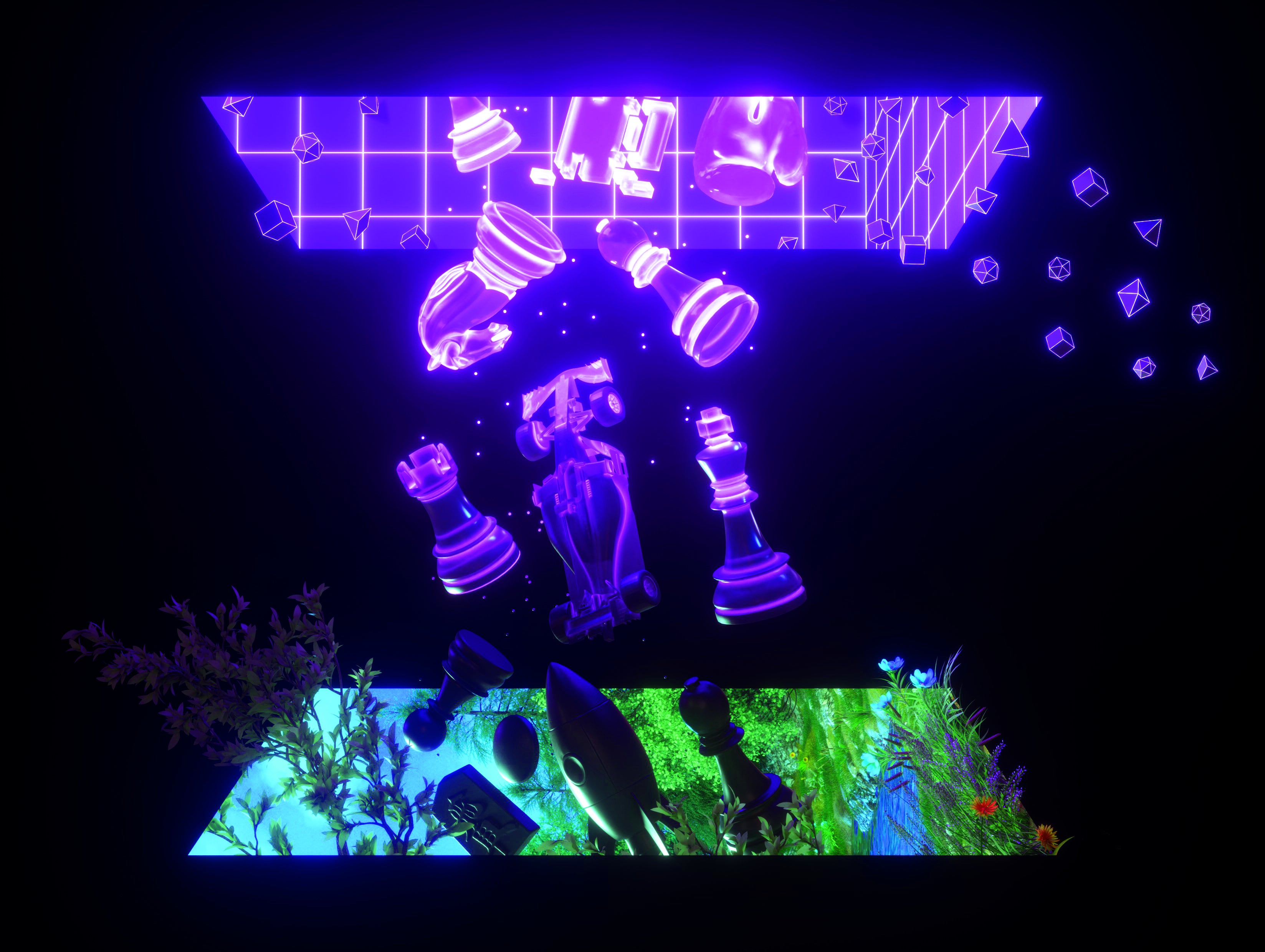Google DeepMind unveils AI that can master chess without even knowing the rules
MuZero achieves ‘superhuman levels’ in various board and video games

Your support helps us to tell the story
From reproductive rights to climate change to Big Tech, The Independent is on the ground when the story is developing. Whether it's investigating the financials of Elon Musk's pro-Trump PAC or producing our latest documentary, 'The A Word', which shines a light on the American women fighting for reproductive rights, we know how important it is to parse out the facts from the messaging.
At such a critical moment in US history, we need reporters on the ground. Your donation allows us to keep sending journalists to speak to both sides of the story.
The Independent is trusted by Americans across the entire political spectrum. And unlike many other quality news outlets, we choose not to lock Americans out of our reporting and analysis with paywalls. We believe quality journalism should be available to everyone, paid for by those who can afford it.
Your support makes all the difference.DeepMind has developed an AI algorithm capable of mastering Go, chess and video games without being given the rules, marking another major breakthrough for Google’s artificial intelligence division.
The MuZero algorithm follows on from AlphaGo, which was the first computer program to beat a human champion at the complex board game Go.
Not only was MuZero able to master Go, it also taught itself to play chess, shogi and Atari video games without any human data or knowledge of the rules.
Researchers described MuZero as “a significant step forward in the pursuit of general-purpose algorithms”.
Details of MuZero were published in a paper in the scientific journal Nature on Wednesday.
“This brings us a step closer to having algorithms that are able to deal with the messiness and complexity of the real world,” said Demis Hassabis, CEO and founder of DeepMind.
The London-based startup, which was acquired by Google in 2014 for $500 million (£370m), has been hailed by leading AI experts for pioneering the development of human-level artificial intelligence, having achieved a number of key milestones in the field.
The company is yet to generate a profit and earlier this month reported annual loses of £477m in 2019 - up from £470m in 2018 - though its parent company is able to plug the cash drain.
The latest advance could find practical and commercial use in a number of Google products and subsidiaries, including the improvement of its search engine and supercharging video compression for YouTube.
“The real world is messy and complex and no-one tells us its rule-book, and yet we can still reason about the best way to achieve our goals. We need agents that can similarly develop their own model of how the world works, and then use that model to plan out strategies to achieve their goals," said David Silver, principal research scientist at DeepMind.
"MuZero takes us a step closer to that ambition. Not only does it reach superhuman levels in Chess, Go and Shogi just as quickly as the previous version of the system, AlphaZero, that was provided with the perfect rules — it also set new records in environments with messy perceptual inputs, like Atari.”

Join our commenting forum
Join thought-provoking conversations, follow other Independent readers and see their replies
Comments